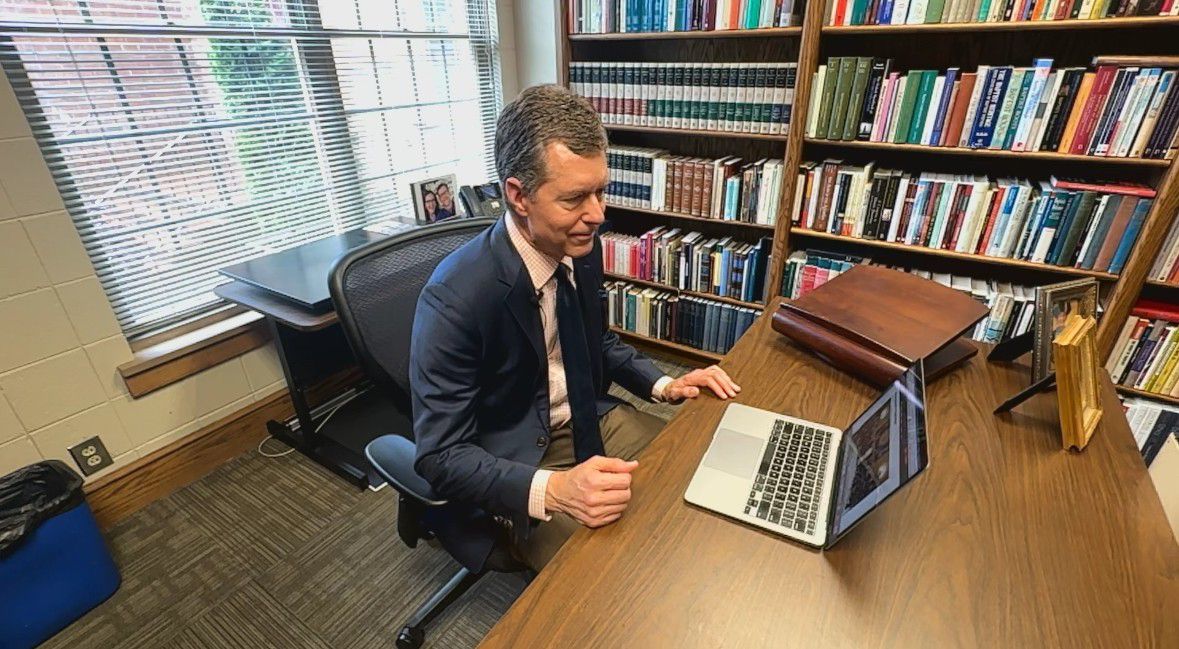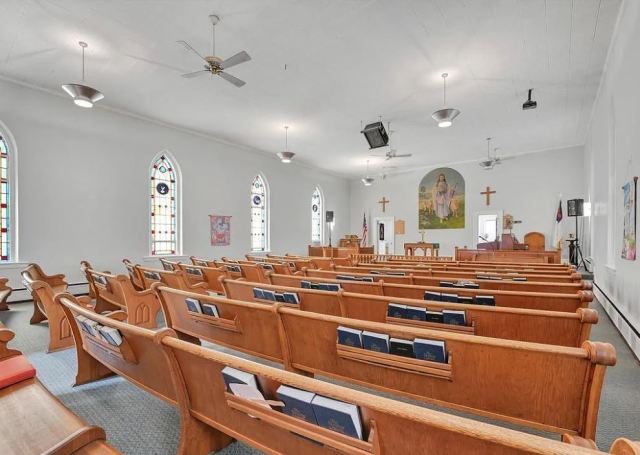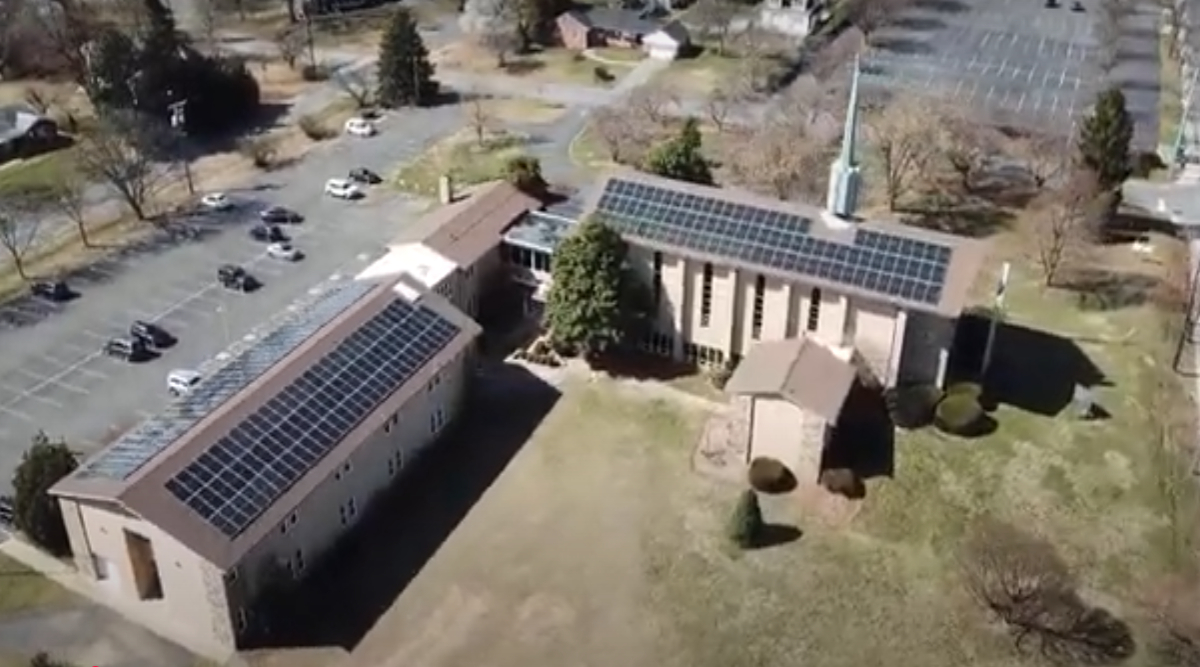Supreme Court Showdown: Religious Freedom vs. Public School Boundaries
Religion
2025-04-16 10:00:00Content
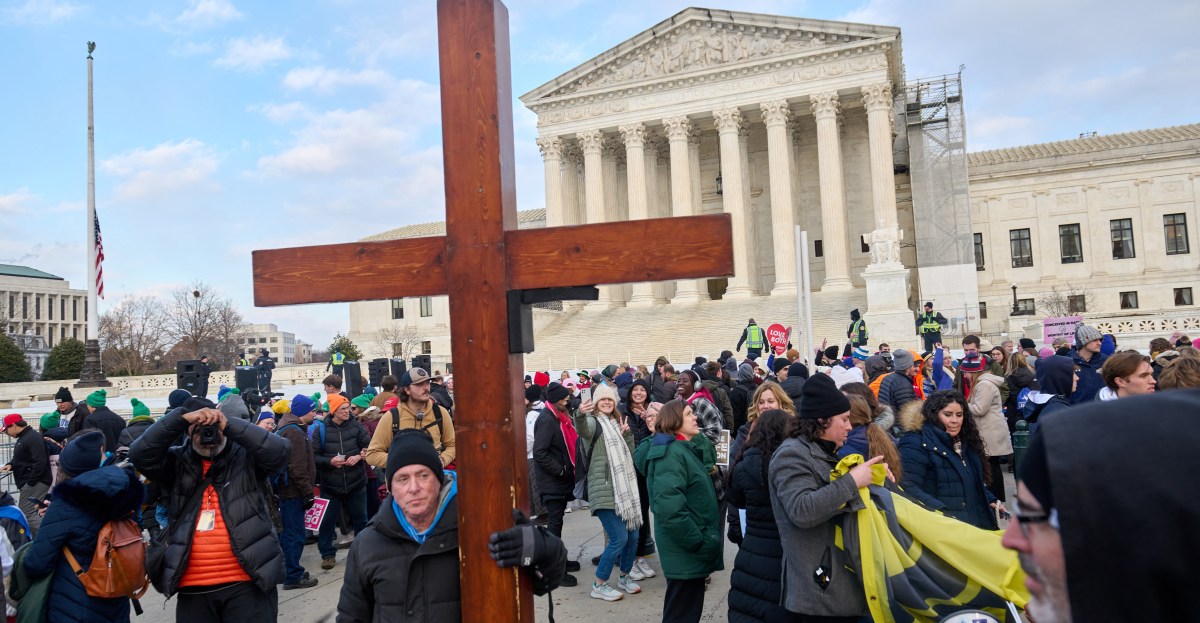
In a pivotal legal battle that could reshape the landscape of education and religious freedom, the Supreme Court is set to hear a landmark Oklahoma charter school case this April. This case represents a critical moment for advocates of religious education, who are seeking to expand the boundaries of public funding for faith-based educational institutions.
The lawsuit is part of a broader strategic effort by religious conservatives to challenge existing barriers between church and state in the educational system. By targeting charter school regulations, these advocates hope to create new pathways for religious schools to access public funding and operate within the public education framework.
This case is one of two significant legal challenges this month that could potentially transform how religious institutions interact with public education. The implications are far-reaching, potentially setting a precedent that could fundamentally alter the traditional separation of church and state in school funding and governance.
Legal experts and education policy analysts are watching closely, recognizing that the outcome could have profound consequences for public education, religious freedom, and the delicate balance between constitutional principles of religious neutrality and educational access.
Religious Freedom vs. Educational Boundaries: The Landmark Oklahoma Charter School Controversy
In the complex landscape of American education, a pivotal legal battle is unfolding that could fundamentally reshape the intersection of religious institutions and public schooling. The upcoming Supreme Court case involving an Oklahoma charter school represents a critical moment in the ongoing dialogue about religious expression, educational autonomy, and constitutional boundaries.A Watershed Moment in Educational Policy and Religious Liberty
The Constitutional Crossroads of Religious Education
The Oklahoma charter school case emerges as a profound legal challenge that transcends traditional educational boundaries. At its core, the dispute represents a nuanced exploration of how religious institutions can interact with publicly funded educational systems. Legal experts argue that this case could potentially establish precedent-setting guidelines for religious involvement in charter school operations. Constitutional scholars have been closely monitoring the developments, recognizing that the outcome could have far-reaching implications for educational policy nationwide. The intricate legal arguments revolve around complex interpretations of the First Amendment, specifically examining the delicate balance between religious freedom and state-mandated educational standards.Historical Context of Religious Institutions in Public Education
The current legal landscape surrounding religious involvement in educational institutions has evolved dramatically over decades of judicial interpretation. Previous Supreme Court decisions have consistently grappled with defining appropriate boundaries between religious expression and public educational frameworks. Historically, the United States has maintained a nuanced approach to separating church and state, particularly within educational institutions. This case represents another critical juncture in that ongoing dialogue, potentially challenging long-established precedents about the role of religious organizations in publicly funded educational environments.Potential Nationwide Implications
Legal analysts suggest that the Oklahoma charter school case could serve as a watershed moment for educational policy across the United States. The potential ruling might establish comprehensive guidelines for how religious institutions can participate in charter school management and curriculum development. The broader implications extend beyond Oklahoma, potentially creating a framework that could influence educational policies in multiple states. Educational administrators, policymakers, and religious organizations are watching the case with significant interest, recognizing its potential to reshape institutional interactions.Societal and Educational Perspectives
The controversy surrounding this charter school case reflects deeper societal tensions about the role of religious institutions in public spaces. Educators, legal experts, and community leaders are engaged in robust debates about the appropriate boundaries of religious expression within educational settings. Proponents argue that religious organizations can provide valuable educational perspectives and community engagement, while critics emphasize the importance of maintaining strict separation between religious institutions and publicly funded educational systems. This case epitomizes the ongoing negotiation between religious liberty and institutional neutrality.Legal and Constitutional Analysis
Constitutional experts are meticulously examining the nuanced legal arguments presented in this case. The core questions revolve around interpreting religious freedom protections and understanding the extent to which religious organizations can influence publicly funded educational institutions. The Supreme Court's eventual ruling will likely provide critical guidance on these complex constitutional questions, potentially establishing new precedents for how religious liberty intersects with educational policy. Legal scholars anticipate that the decision could have profound and long-lasting implications for educational governance.RELATED NEWS
Religion
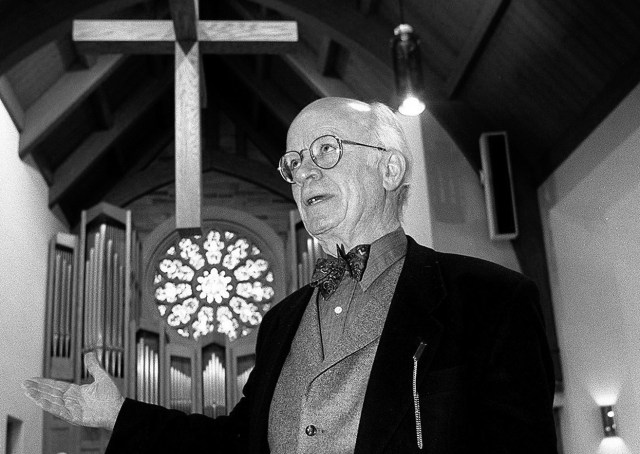
Bridging Divides: How Eboo Patel Champions Religious Understanding at UChicago
2025-03-07 11:00:11
Religion
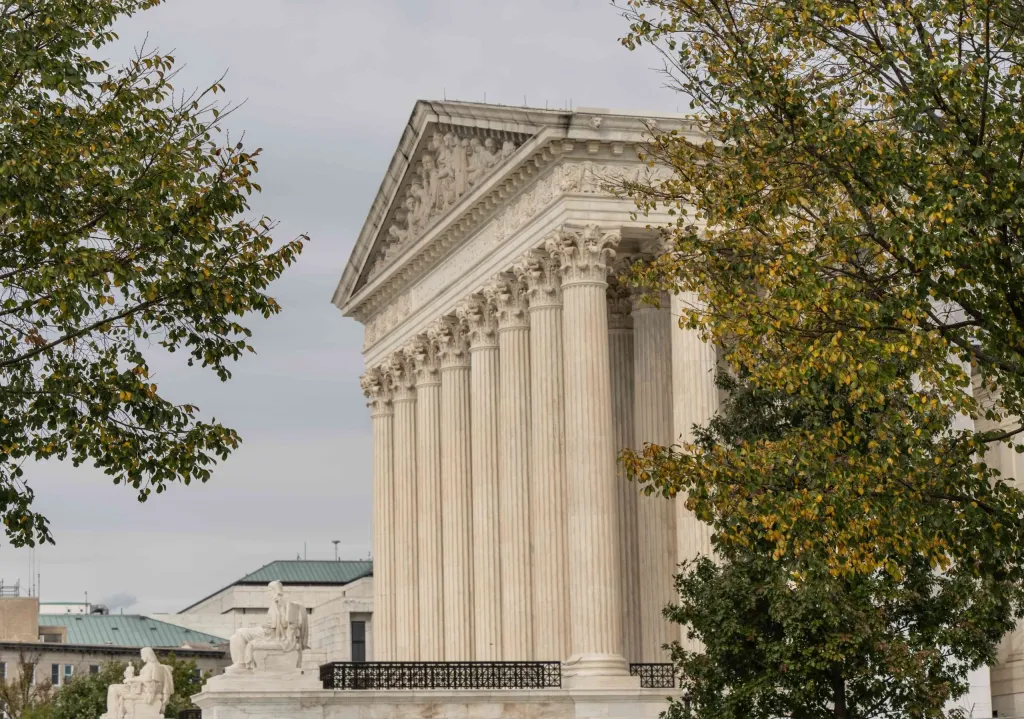
Faith, Education, and the Law: Supreme Court Poised to Break New Ground in Charter School Controversy
2025-05-01 20:17:18
Religion

Faith and Tradition: Unveiling the Sacred Pinnacle of the Annual Spiritual Calendar
2025-04-17 20:18:22
